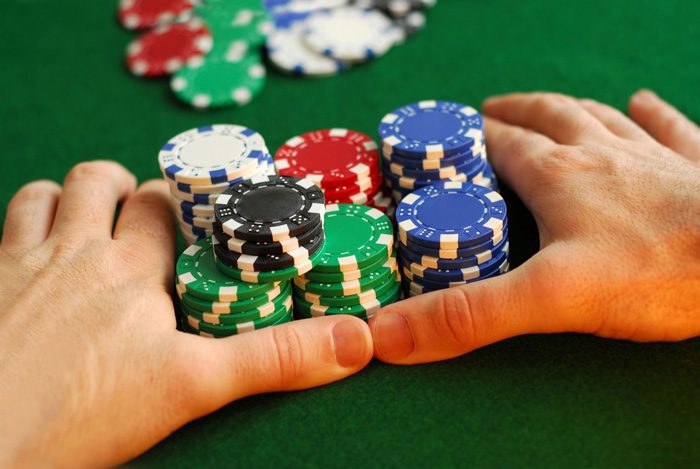 Most people understand that we can become addicted to substances like alcohol or drugs. But they may not realize that we can also become addicted to behaviors.
Most people understand that we can become addicted to substances like alcohol or drugs. But they may not realize that we can also become addicted to behaviors.
Physical dependence is the cornerstone to the compulsive use of drugs and alcohol. However, behavioral addictions can be just as devastating to the individual. Behavioral addictions are sometimes overlooked because the activities involved are enjoyed responsibly by many people. Gambling, eating, exercising, having sex, playing video games, and shopping are just a few examples of common, everyday activities that can and do become obsessive addictions for those who suffer from a behavioral addiction.
Someone with a behavioral addiction engages in an activity in a way has negative consequences on their lives.
Similar to a chemical addiction, behavioral addictions are engaged in compulsively, obsessively, and with the intent to change the way the person feels. An example of this may be a food addicted individual who eats even when they are not hungry as a way to alleviate anxiety. Someone addicted to gambling will not stop even after they have depleted all their resources, including the car, the house, and the kids’ college fund. Although it may be argued that many people say “overeat” and “lose money gambling” without being addicted, here’s the difference: Someone who is addicted is unable to stop the behavior despite the negative consequences.
An addicted individual’s “willpower” is non-existent in regards to their addictive behavior. Even when health problems, financial problems, legal problems, and other problems arise, the person cannot stop the behavior. Just as with substance addiction, behavioral addiction can treated in a residential or outpatient setting that provides therapy, education, and support.
Contact us today if you or your loved one are ready to reach out for help. We can start you on the road to recovery.

 Most people understand that we can become addicted to substances like alcohol or drugs. But they may not realize that we can also become addicted to behaviors.
Most people understand that we can become addicted to substances like alcohol or drugs. But they may not realize that we can also become addicted to behaviors.